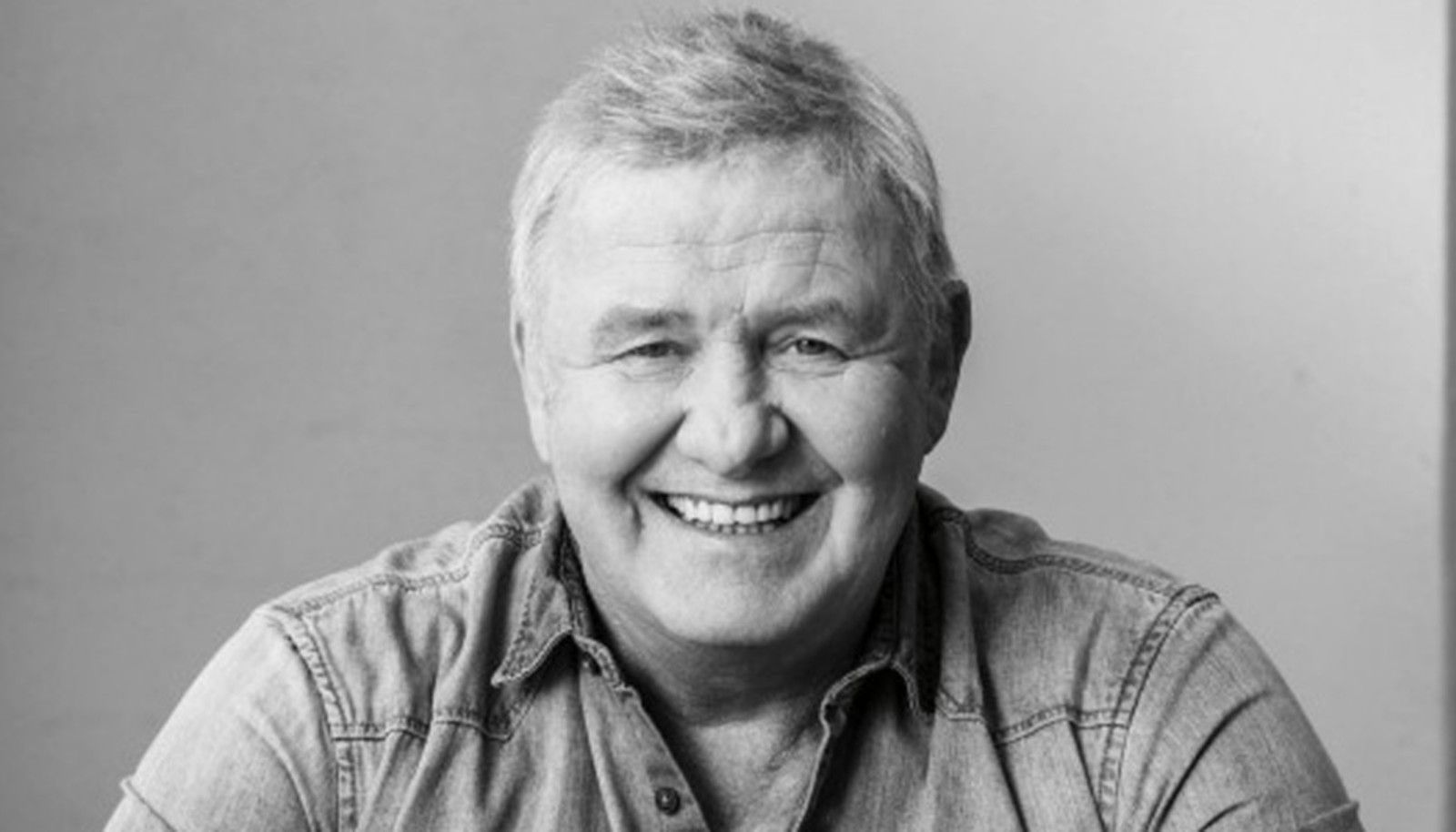Leon Schuster Opens Up About Battling Depression and the Reality of Growing Older Alone

Leon Schuster Opens Up About Battling Depression and the Reality of Growing Older Alone
South African actor and comedian Leon Schuster, widely regarded as one of the country’s funniest and most enduring entertainers, has recently spoken out about a more vulnerable side of his life: dealing with depression and coming to terms with growing older without a partner by his side.

For decades, Schuster has brought laughter to millions through his films, stand-up routines and television appearances. Yet behind the humour, he reveals he has faced periods of deep emotional struggle. In an interview, he admitted that the public persona of the jester often masks feelings of isolation and melancholy—a reality for many who find that success and fame do not automatically translate into personal fulfilment.
Schuster said, in essence, that growing older “alone” isn’t just a physical state but an emotional one: “You see people moving on with their lives — families, partnerships, grandchildren — and you ask yourself, where do I fit in?” Though he didn’t give exhaustive details of his treatment or daily regimen, he emphasised the importance of acknowledging the pain, seeking help and refusing to suffer in silence.
His openness touches on several important themes:
-
Mental health in the public eye – When someone whose life is so connected to making others happy admits to vulnerability, it challenges stigma.
-
Ageing and loneliness – Especially in the entertainment world where constant work, travel and change can strain personal relationships.
-
Life beyond career success – Schuster’s reflections remind us that professional triumphs don’t always equal emotional security.
Schuster’s courage to share also offers hope: he encourages others, particularly men in their 50s and beyond, to talk about mental health, to reach out for help and to find connection even late in life. His message: “It’s okay not to be okay. Laughter can heal—but sometimes you need to be healed, too.”
His admission has sparked a wave of support from fans and fellow entertainers alike. Many expressed gratitude that a figure of his stature is bringing such a candid conversation to the forefront in South Africa. It also serves as a timely reminder that no matter how successful or well-known a person is, the core human experience of pain, longing and hope remains the same.
In closing, Leon Schuster’s story is not only about depression or loneliness—it’s about bravery, resilience and the ongoing journey of finding meaning and companionship on one’s own terms.





